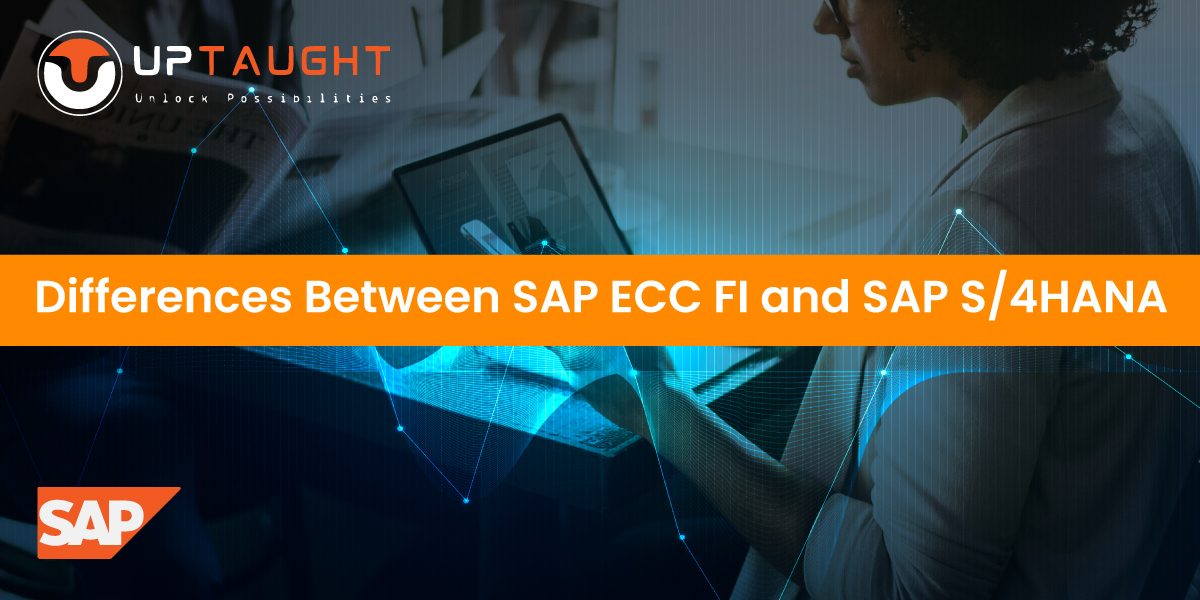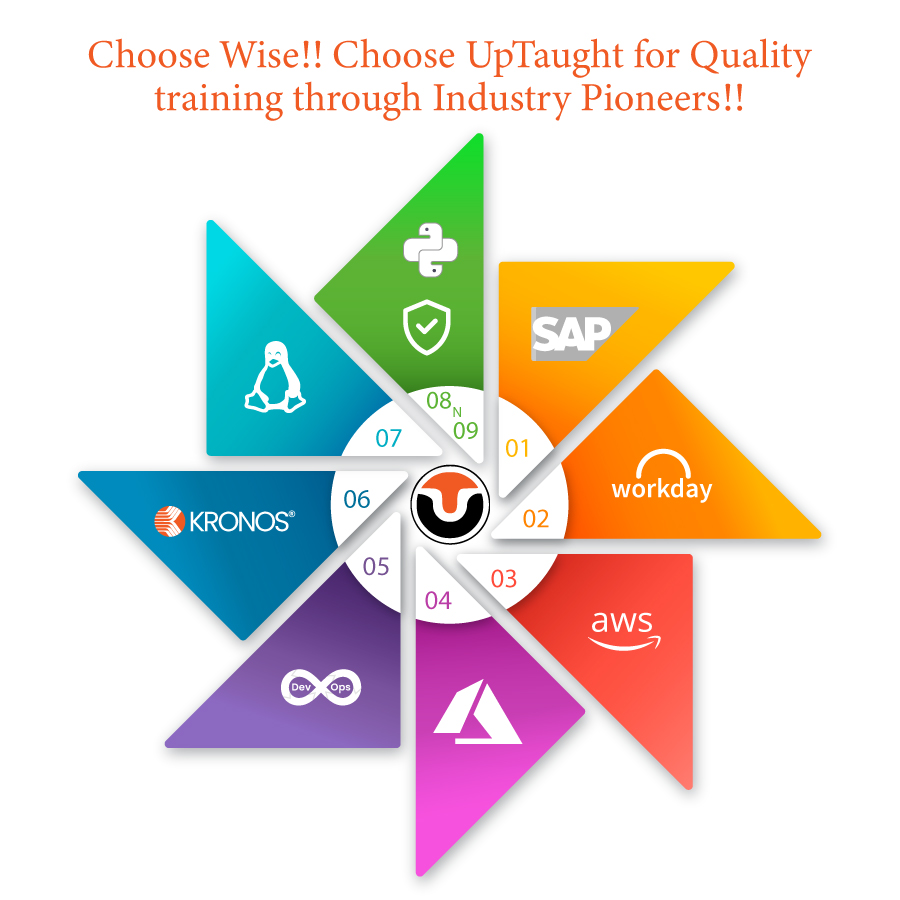In today’s fast-paced business environment, organizations need robust systems to manage their operations efficiently. This brings us to the question: what is SAP? SAP, which stands for Systems, Applications, and Products in Data Processing, is a leading enterprise resource planning (ERP) software that helps businesses streamline their processes and improve overall efficiency. Understanding what SAP is and how it functions can empower businesses to make informed decisions about their operational strategies. This blog post will delve into the intricacies of SAP, its modules, benefits, and its role in modern business.
Table of Contents
Understanding What SAP Is
What is SAP? To grasp the full scope of this powerful tool, we need to explore its origins, functionalities, and significance in today’s business landscape. Founded in 1972 in Germany, SAP has grown to become one of the largest software companies globally, specializing in ERP solutions that integrate various business processes.
The Importance of SAP in Business Operations
- Comprehensive Integration: SAP provides a unified platform that integrates various business functions such as finance, human resources, supply chain management, and customer relationship management. This integration allows for seamless data flow across departments.
- Real-Time Data Processing: One of the standout features of SAP is its ability to process data in real-time. This capability enables businesses to make informed decisions quickly based on up-to-date information.
- Scalability: As organizations grow, their needs change. SAP offers scalable solutions that can adapt to the evolving requirements of businesses of all sizes.
- Industry-Specific Solutions: SAP provides tailored solutions for various industries, including manufacturing, retail, healthcare, and finance. This specialization ensures that businesses receive relevant tools designed for their specific challenges.
- Enhanced Reporting and Analytics: With powerful reporting tools built into the system, organizations can generate insights that drive strategic decision-making and improve operational efficiency.
Given these factors, understanding what SAP is and how it can benefit an organization is essential for any business looking to enhance its operational capabilities.
Key Features of SAP
When exploring what SAP is, it’s crucial to understand its core features and modules:
1. Modules within SAP
SAP consists of various modules that cater to different business functions:
- SAP FI (Financial Accounting): Manages financial transactions and reporting.
- SAP CO (Controlling): Focuses on internal cost management.
- SAP MM (Materials Management): Manages inventory and procurement processes.
- SAP SD (Sales and Distribution): Handles sales order processing and customer distribution.
- SAP HCM (Human Capital Management): Manages employee data and HR processes.
2. User-Friendly Interface
SAP has evolved over the years to provide a more user-friendly interface with the introduction of Fiori. This design enhances user experience by making navigation intuitive and tasks easier to perform.
3. Cloud Solutions
With the rise of cloud computing, SAP has adapted by offering cloud-based solutions such as SAP S/4HANA Cloud. This flexibility allows businesses to leverage powerful ERP capabilities without heavy upfront investments in infrastructure.
Unique Value Proposition of SAP
The unique value proposition of SAP lies in its ability to integrate all aspects of a business into a single platform while providing real-time insights that drive informed decision-making.
Real-World Results from Businesses Using SAP
Many organizations have successfully implemented SAP solutions with measurable outcomes:
- Example A: A manufacturing company reported a 25% reduction in production costs after integrating its supply chain processes through SAP.
- Example B: A retail organization improved its inventory turnover rate by 30% after implementing SAP MM for better inventory management.
- Example C: A healthcare provider enhanced patient care services by streamlining operations with SAP HCM, leading to a 15% increase in staff productivity.
These success stories illustrate how effective implementation of SAP can lead to significant improvements in operational efficiency and overall business performance.
Who Will Benefit from Understanding What SAP Is?
Understanding what SAP is can benefit various stakeholders within an organization:
- Business Leaders: Executives seeking to improve operational efficiency will find valuable insights into how integrated systems can streamline processes.
- IT Professionals: Individuals involved in system implementation or maintenance will gain essential knowledge about the functionalities of SAP.
- Finance Teams: Professionals managing financial operations will benefit from understanding how modules like FI can enhance reporting accuracy and compliance.
Industries such as manufacturing, retail, healthcare, finance, and logistics stand to gain significantly from employing certified professionals who are adept at using SAP effectively. By investing time in understanding this powerful tool, organizations can expect improved operational efficiency and enhanced strategic planning capabilities.
Take Action Today!
Are you ready to deepen your understanding of what SAP is? Start your journey toward mastering this essential tool today! For a limited time only, sign up for our comprehensive training courses on SAP functionalities and enjoy a 20% discount on your first enrollment! Equip yourself with the tools you need to thrive in today’s competitive landscape—take advantage of this exclusive offer while it lasts!Investing in your education not only enhances your skill set but also empowers you to achieve greater efficiency and effectiveness within your organization. Transform your career today!




